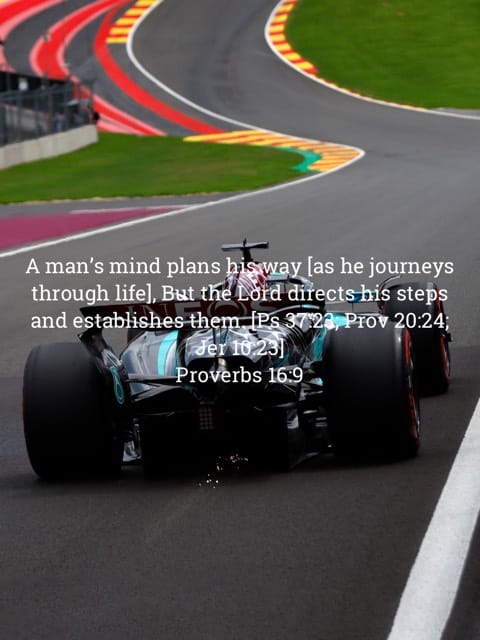2319: Be Good

Hey Friends,
This week, I made a shift in my daily meditation routine. I’ve been using the app “Calm” for quite some time, and while it’s been incredibly helpful, especially as a beginner, I recently felt that I’ve outgrown its offerings. I’m deeply grateful for the mental clarity it has provided me over the past year, but over the summer, I started exploring new options. I found myself turning to YouTube, searching for both guided and unguided meditations. What I was really looking for was something that could extend the length of my practice. A year ago, ten minutes felt daunting, but now, it’s more like a warm-up. When the session ends, I’m so focused and present that I don’t want to stop. It’s a good problem to have—it shows how much I’ve grown in my practice.
Without intentionally searching, I stumbled upon the mindfulness app “Healthy Minds.” What caught my attention is that it’s science-based. It starts with a questionnaire to assess your Awareness, Connection, Insight, and Purpose—concepts that are integral to mindfulness but had never been laid out so clearly for me before. This app has been instrumental in helping me navigate my thoughts and emotions over the past week. If you’re looking for a way to deepen your mindfulness practice, I’d recommend giving it a try.
Switching gears, I had an interesting conversation with a friend recently about what it means to be a good person. I want to share my perspective and wrap up with that thought. I believe there’s a spectrum of being a good or bad person. On one end, there’s the "asshole," and on the other, the "genuine person." Now, calling someone an asshole might sound harsh, but to me, it takes real effort to be one. Being genuine, on the other hand, comes more naturally. Sure, it may require a little self-sacrifice in the moment, but in the long run, it’s far more rewarding. The core trait that separates these two types of people, in my view, is empathy. In contrast, a “bad person” lacks empathy, becoming apathetic.
Let’s dig deeper into empathy. We all know the textbook definition: understanding others’ feelings and emotions. But empathy goes beyond that. It requires good listening skills, an understanding of tone, and the ability to adapt to different social situations—what some might call code-switching. We naturally adjust how we communicate depending on who we’re talking to, whether it’s close family or friends. Being able to read the room and adjust your communication to ensure mutual understanding is a crucial aspect of being a genuine person. It’s like meeting someone halfway and then going a little further to make things easier for them.
So, what makes someone good or bad in your eyes?
Peace,
Zechariah Davis
Song of the week:
- "Burning Up"
- Jonas Brothers
Quote of the week:
- If I am worth anything later, I am worth something now. For wheat is wheat, even if people think it is a grass in the beginning.”
- Vincent van Gogh
Scripture of the Week:

Looking to spread the word about the latest issue of '2319'? Simply copy this link and share it through text, social media, or email:
2319.ghost.io/2319-be-good/
Member discussion